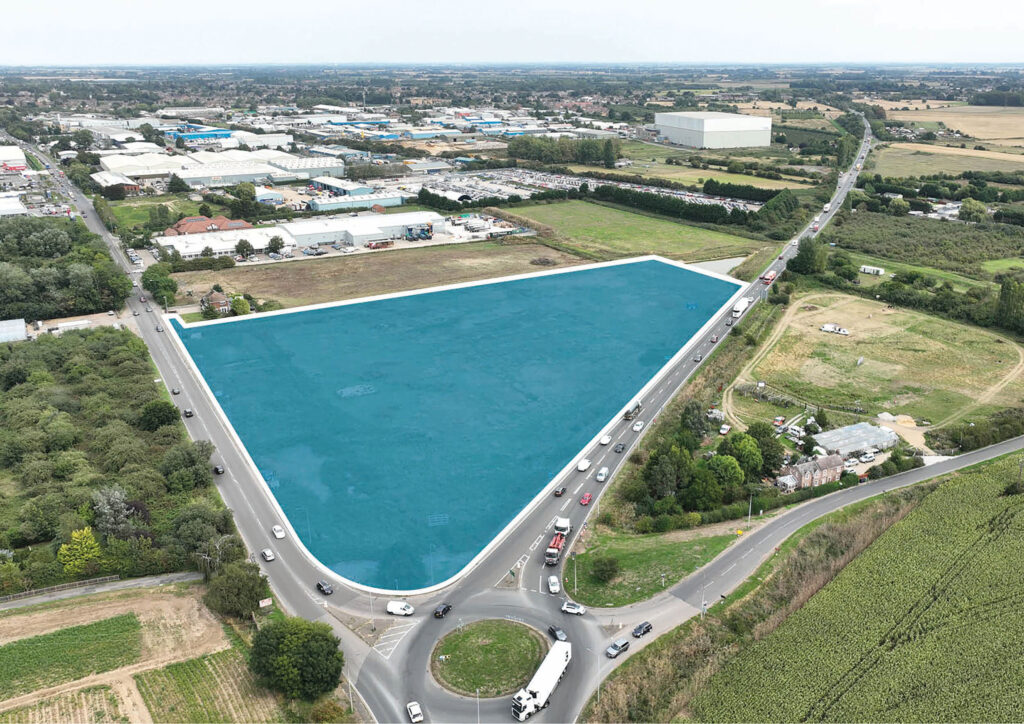If your savings goal is more than seven years away, putting some of your cash into investments vehicles could allow you to earn more from your money and keep up with rising prices.
What are Investments?
Investments are something you buy or put your money into to get a profitable return. Most people choose from four main types of investment, known as ‘asset classes’:
- Cash – the savings you put in a bank or building society account
- Fixed interest securities (also called bonds) – you loan your money to a company or government
- Shares – you buy a stake in a company
- Property – you invest in a physical building, whether commercial or residential
There are other types of investments available too, including:
- Commodities like oil, coffee, corn or rubber or gold
- Foreign currency
- Contracts for difference, where you bet on shares gaining or losing value
- Collectibles like art and antiques
The various assets owned by an investor is called a portfolio. As a general rule, spreading your money between the different types of asset classes helps lower the risk of your overall portfolio underperforming – more on this later.
Returns
Returns are the profit you earn from your investments. Depending on where you put your money it could be paid in a number of different ways:
- Interest (from cash deposits and fixed interest securities)
- Dividends (from shares)
- Rent (from properties)
- The difference between the price you pay and the price you sell for – capital gains or losses
In general, you’ll get lower returns from your investments if you want:
- Easy access to your money
- A secure guarantee that you’ll get it all back
Risks
None of us like to gamble with our savings but the truth is there’s no such thing as a ‘no-risk’ investment.
You’re always taking on some risk when you invest, but the amount varies between different types of investment and your personal attitude to risk.
Money you place in secure deposits such as savings accounts risks losing value in real terms, over time because the interest rate paid won’t always keep up with rising prices (inflation).
On the other hand, index-linked investments that follow the rate of inflation don’t always follow market interest rates – and if inflation falls you could earn less in interest than you expected.
Stock market investments may beat inflation and interest rates over time, but you run the risk that prices may be low at the time you need to sell – this could result in a poor return or, if prices are lower than when you bought, losing money.
When you start investing, it’s usually a good idea to spread your risk by putting your money into a number of different products and asset classes. That way, if one investment doesn’t work out as you hope, you’ve still got your others to fall back on. This is called ‘diversifying’. Find out more in the guide “Diversifying – the smart way to save and invest”.
When should you start investing?
If you’ve got plenty of money in your cash savings account – enough to cover you for at least six months – and you want to see your money grow over the long term, then you should consider investing some of it.
The right savings or investments for you will depend on how happy you are taking risks and on your current finances and future goals.
 For a free impartial chat to learn how your money can work better for you, please contact Oliver Maher:
For a free impartial chat to learn how your money can work better for you, please contact Oliver Maher:
Mobile: 0034 638 220 351
Office: 0034 915 620 833
E-mail: Oliver.maher@unitedadvisersgroup.com
Skype: olivermaher.unitedadvisers
Or complete our appointment form here




